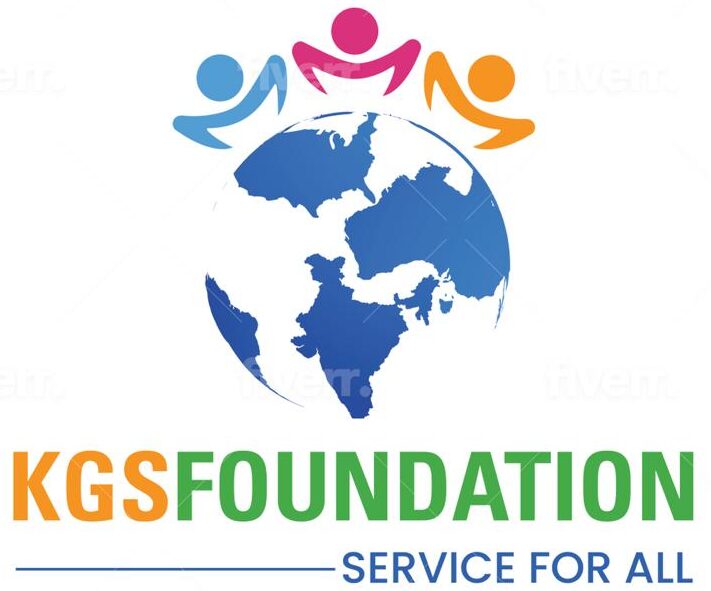Introduction:
Vocational programs offer individuals an opportunity to acquire practical skills and knowledge that are directly applicable to the workforce. For many, participation in vocational education represents a transformative journey, leading to personal growth, career advancement, and economic empowerment. In this article, we explore the success stories of individuals who have benefited from vocational programs, highlighting the impact of skills training on their lives and communities.

Overcoming Adversity:
- Many individuals who enroll in vocational programs have faced significant challenges and adversity in their lives. Whether it’s overcoming financial hardship, navigating personal obstacles, or confronting societal barriers, these individuals demonstrate resilience and determination in pursuing their educational and career goals. By participating in vocational training, they gain the skills and confidence needed to overcome adversity and build a brighter future for themselves and their families.
Career Advancement:
- One of the most significant benefits of vocational programs is the opportunity for career advancement and professional growth. Success stories abound of individuals who have transitioned from low-skilled, low-paying jobs to rewarding careers with opportunities for advancement and higher earnings. Whether through acquiring technical skills in trades such as plumbing, electrical work, or carpentry, or gaining specialized expertise in fields like healthcare, information technology, or hospitality, vocational training opens doors to new career pathways and opportunities.
Economic Empowerment:
- For many individuals, participation in vocational programs represents a pathway to economic empowerment and financial stability. By acquiring marketable skills and credentials, they are better positioned to secure stable employment, negotiate higher wages, and improve their overall financial well-being. This not only benefits the individuals themselves but also has ripple effects within their families and communities, as increased income and economic stability contribute to greater household resilience and improved quality of life.
Contributing to Community Development:
- Success stories in vocational education often extend beyond individual achievement to encompass broader community development and social impact. Individuals who graduate from vocational programs become valuable contributors to their communities, providing essential services, driving economic growth, and serving as role models for others. Whether it’s starting their own businesses, mentoring others, or volunteering their skills for community projects, vocational graduates play a vital role in building stronger, more vibrant communities.
Personal Fulfillment and Satisfaction:
- Beyond the tangible benefits of career advancement and economic empowerment, participation in vocational programs can also lead to personal fulfillment and satisfaction. Many individuals find meaning and purpose in their work, deriving a sense of pride and accomplishment from applying their skills to make a positive impact in their chosen field. Whether it’s constructing buildings, caring for patients, or designing software, vocational graduates often express a deep sense of satisfaction in knowing that their work matters and makes a difference in the world.
Breaking Down Stereotypes and Stigma:
- Success stories in vocational education also help to challenge stereotypes and stigma associated with non-traditional career paths and occupations. By showcasing the diverse range of career opportunities available through vocational training, these stories inspire others to pursue their passions and break free from limiting beliefs about what constitutes a “successful” career. Whether it’s challenging gender norms in male-dominated fields or dispelling myths about the value of skilled trades, success stories in vocational education pave the way for greater diversity and inclusion in the workforce.
Conclusion:
The success stories of individuals in vocational programs serve as powerful testimonials to the transformative impact of skills training on individuals, families, and communities. By overcoming adversity, advancing their careers, achieving economic empowerment, contributing to community development, finding personal fulfillment, and challenging stereotypes, vocational graduates embody the promise and potential of vocational education to create a more equitable, prosperous, and inclusive society. As we celebrate these success stories, let us also reaffirm our commitment to expanding access to high-quality vocational programs for all individuals, ensuring that everyone has the opportunity to realize their full potential and achieve their dreams.



